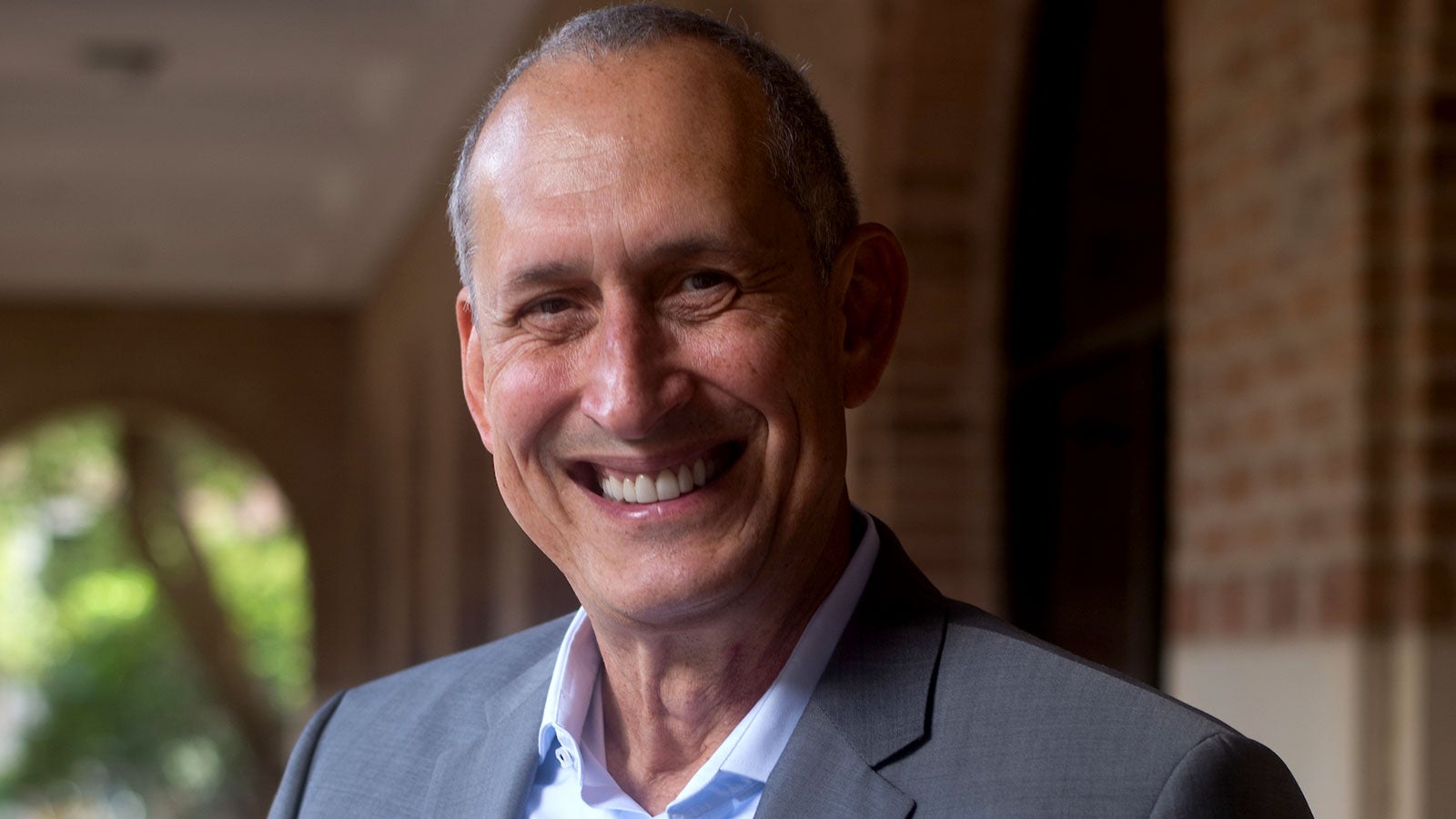Pedro Alvarez, the George R. Brown Professor of Civil and Environmental Engineering at Rice and an innovator in environmental nanotechnology, has been honored with the Outstanding Achievement Award in Environmental Chemistry from the Chinese Chemical Society.
Alvarez was recognized for his “long-term systematic contributions in basic research and technology development in the field of environmental chemistry.” He received the award at the 12th National Conference on Environmental Chemistry held Nov. 17-21 in Wuhan. It is the largest environmental chemistry gathering in the world and the award ceremony was attended by more than 10.000 people.
Alvarez’s pioneering research has included addressing the risks posed to microbial ecosystem services by released nanomaterials and nano-enabled disinfection and microbial control. According to Google Scholar, his publications have been cited 55,206 times and his h-index is 110.
Alvarez earned his Ph.D. in environmental engineering in 1992 from the University of Michigan. He joined the Rice faculty in 2004 and served as department chair from 2005 to 2015. He is director of the National Science Foundation-backed Engineering Research Center for Nanotechnology-Enabled Water Treatment (NEWT).
In 2018 he was elected to the National Academy of Engineering in the U.S. and in 2021 to the Chinese Academy of Engineering.
Alvarez is a fellow and former president of the Association of Environmental Engineering and Science Professors, and an associate editor of the American Chemical Society journal Environmental Science and Technology. He is a fellow of the American Society of Civil Engineers, the American Academy for the Advancement of Sciences, International Water Association and the Water Environment Federation.
Accompanying Alvarez to China were Michael Wong, Tina and Sunit Patel Professor in Molecular Nanotechnology and departmental chair of chemical and biomolecular engineering (ChBE); Tom Senftle, assistant professor of ChBE and William Marsh Rice Trustee Chair; Haotian Wang, associate professor of ChBE; and Sarah Glass, second-year doctoral student in environmental engineering.

